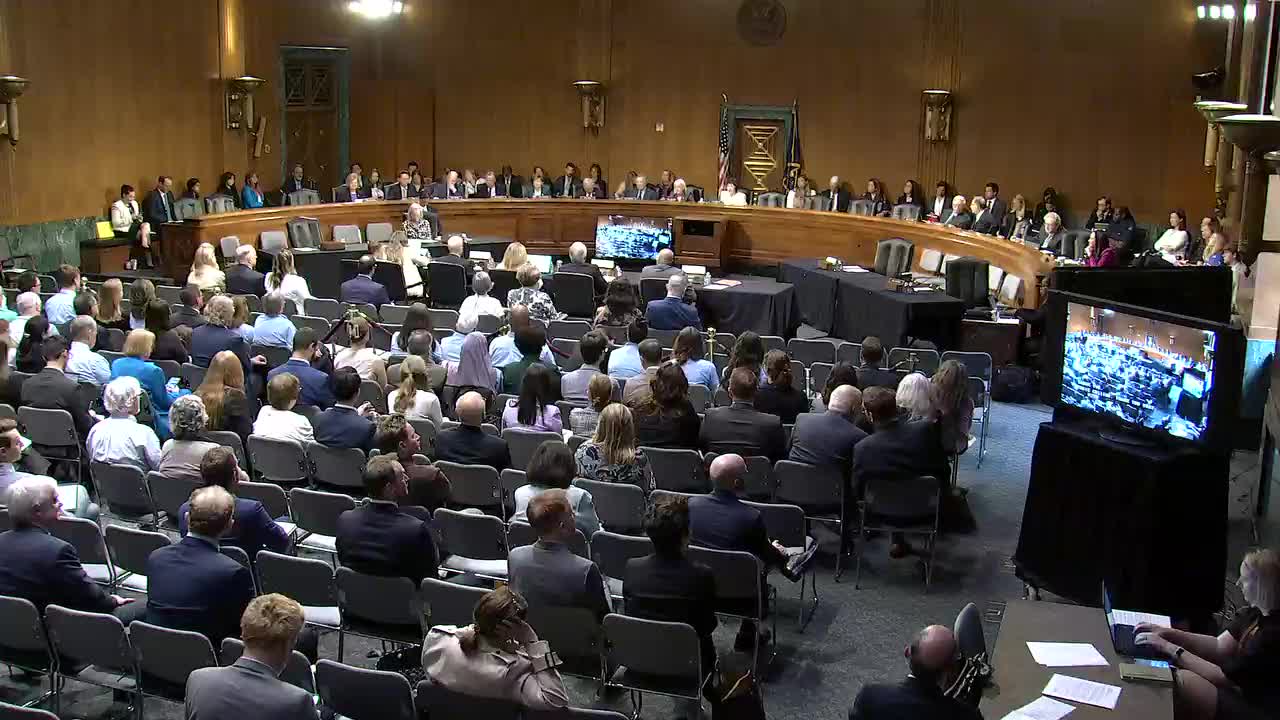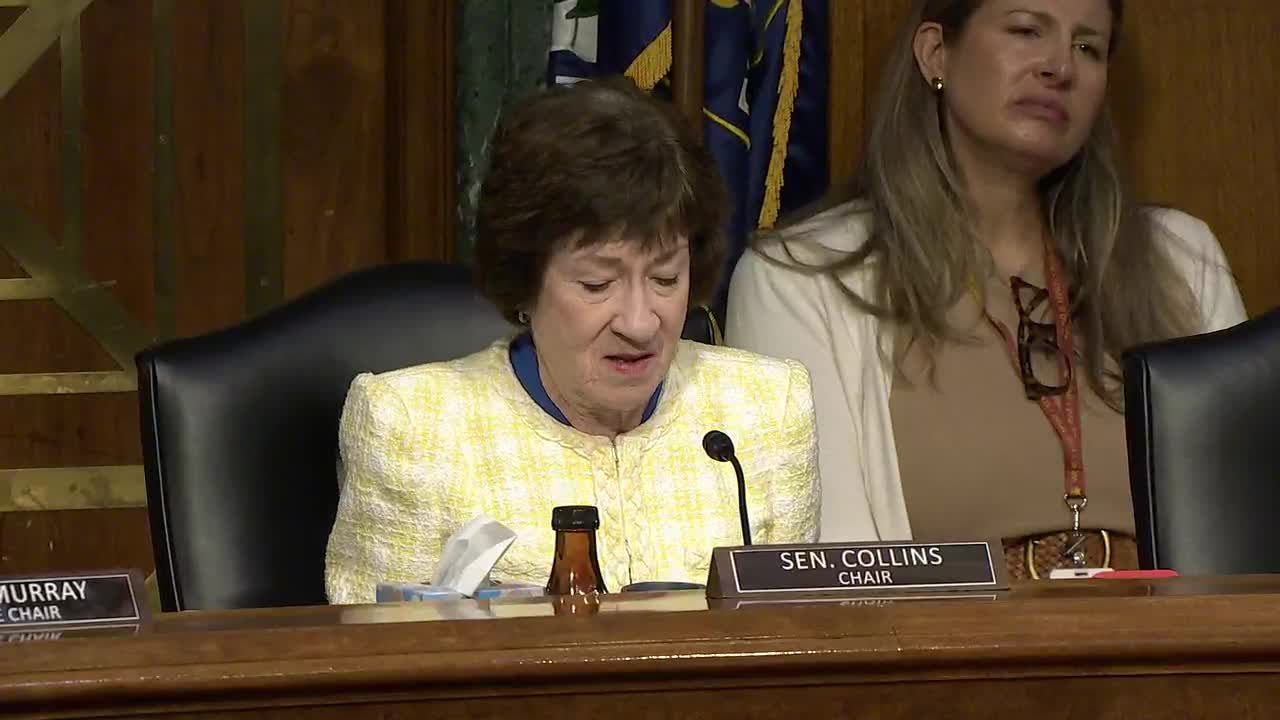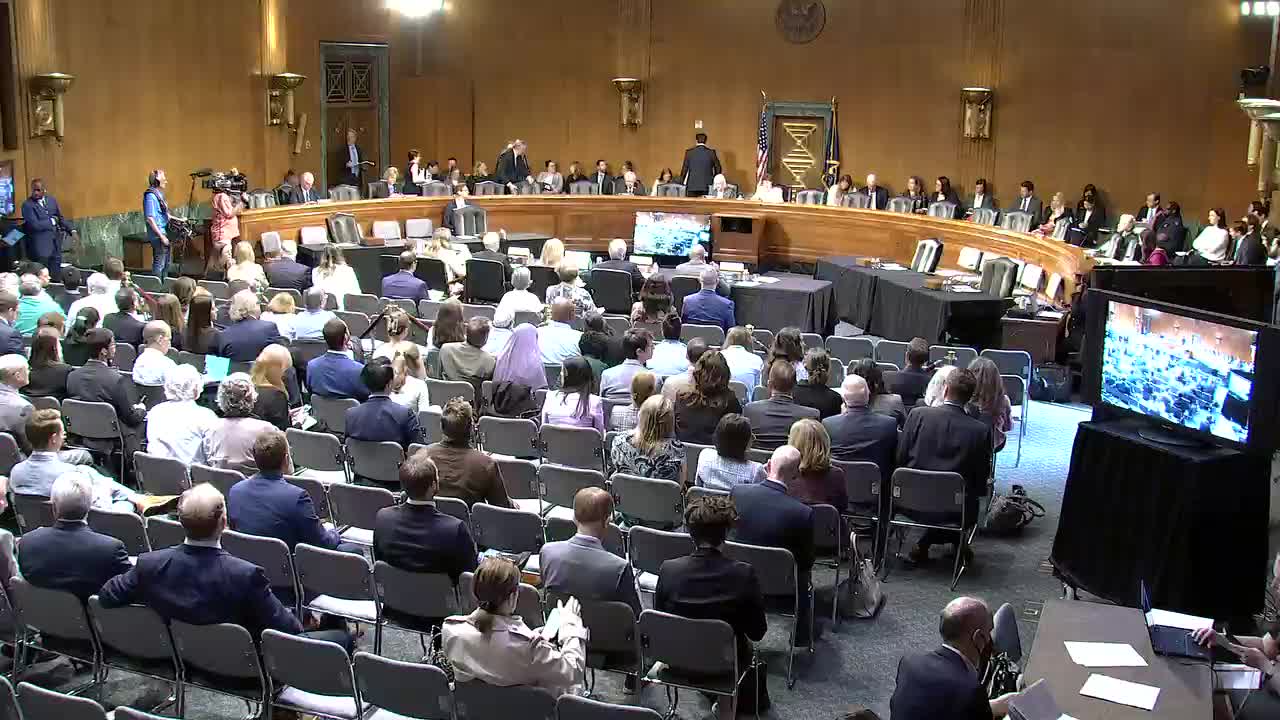Article not found
This article is no longer available. But don't worry—we've gathered other articles that discuss the same topic.

Mother’s testimony and experts tell senators pediatric clinical trials and cancer research need protection

Scientists and institution leaders say proposed 15% indirect‑cost cap would cripple small labs and slow clinical trials

